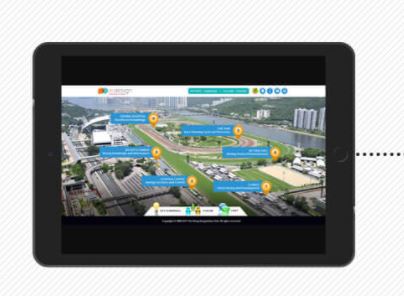We all know how time-consuming and challenging the recruitment process is. Once the right candidate is selected, the mandate of getting him/her inducted and onboarded swiftly and efficiently is the next challenge. New employees can get disenchanted if they are put through a poorly designed Induction and Onboarding program.
The traditional face-to-face approach to render Induction and Onboarding programs is normally the approach most organizations opt for. This is of high impact, and the human touch goes a long way in helping new employees learn the organization culture, its value proposition, and how they can contribute very effectively.
However, given that COVID-19 has led to changed workplace dynamics, organizations must consider moving the classroom-based Induction and Onboarding programs to a virtual mode.
In this Infographic, we share 8 best practices that will help you deliver an effective virtual Induction and Onboarding Training program.

Given the fact that COVID-19 has led to changed workplace dynamics and we need to work with the “new normal” – of employees working remotely, organizations must consider moving the classroom-based Induction and Onboarding programs to a virtual mode.
The new joinees need a virtual program that would help them get inducted into the new organization and effectively manage their work roles in uncertain times. They may take the Induction and Onboarding sessions from their home or in a half empty workspace, but the program needs to deliver the requisite value.
We are sure that the best practices shared in this Infographic will help you deliver an effective virtual Induction and Onboarding Training program.
Want to learn more? Reach out to us at www.eidesign.net/contact-us/



